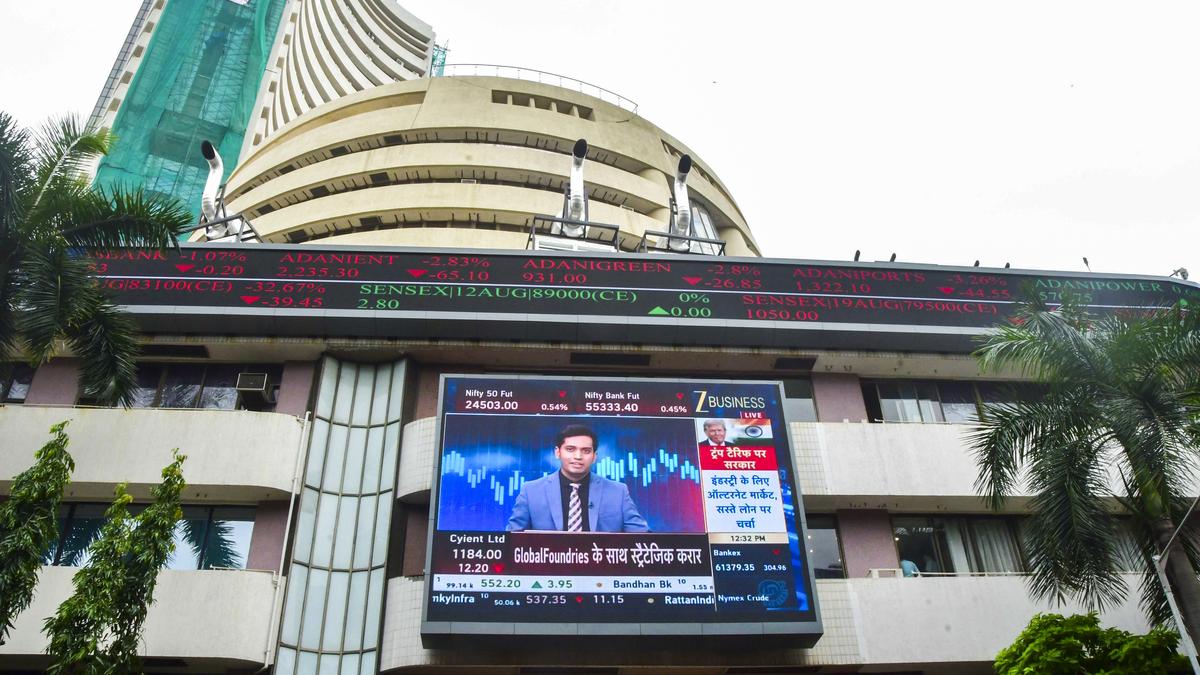The GST Council has proposed a steep growth in consumer levy on luxury electric cars priced more than $ 46,000, a government document showed a step that can affect the sale of car manufacturers such as Tesla, Mercedes-Benz, BMW and BDD.
Prime Minister Narendra Modi aims to improve India’s tax system and Indian customers are advancing to buy more household goods, just when relations with the United States have soured due to high tariffs. His government has recommended a huge cut in Goods and Services Tax (GST) which can make everything cheaper from shampoos to electronics.
The major panel, working to give a rate suggestion to India’s powerful GST Council, has supported the cut in several items as per the overhaul of PM Modi, but has called for increasing taxes on electric cars, the document showed its recommendations expanding.
The panel recommended to increase the GST rate from 5% to 5% to 18%, which is for EVS for the price between and 2 million and ($ 23,000- $ 46,000). Go
But the government has decided to completely overcome the 28% tax rate simultaneously, left the GST Council with the option to increase the tax on EVS, or put them in the newly employed 40% category carved for some luxury goods, an Indian government’s source is familiar with the discussions.
The GST Council led by the Union Finance Minister, and those who have members of all states, are meeting on September 3-4 to review the proposals, and the decision is a final right to make decisions.
GST Council Secretariat did not respond Roots Question.
After Roots The story, the Nifty Auto Index turned negative and fell to 0.5%, local vehicle manufacturer Mahindra and Mahindra fell to about 3%and Tata Motors fell 1.2%.
India’s EV market is small, which is about 5% of the total cars sold from April to July this year, but this segment has increased rapidly – EV car sales in India increased by 93% to 15,500 units during that period.
The document said, “Electric vehicles are increasing and while, a low rate of 5% is to encourage rapid adoption of electric vehicles, it is also important to indicate that high -priced EVs can be taxed at high rates.”
The proposal can affect domestic EV manufacturers such as Mahindra and Tata Motors. Their offerings are limited above the 2 million price range.
Foreign vehicle manufacturers offering high-end EVS barely hit. Tesla launched its model Y in India with a base price of just $ 65,000, while Mercedes-Benz, BMW and BDD also offer top-end luxury electric cars.
Car manufacturers have unanimously called for a 5% GST rate to avoid disrupting India’s EV aspirations and goals.
In a statement, Tata told Roots It is “compulsory” that the tax rate is retained because any hike will slow down “infection to clean the mobility.” BMW India, which is investing in expanding its EV portfolio in the country, said “can derail the vision of high power adoption and local production.”
Mercedes-Benz stated that one upward amendment “mostly entry-level” would affect luxury cars. Santosh Iyer, CEO of Mercedes-Benz India, said, “Our top-end luxury battery EVS will not be affected much.”
In July, Tata Motors led the Indian electric car market, with around 40% market share, while Mahindra has 18%. BYD has a 3% market share, while Mercedes and BMW accounts for 2% simultaneously. Tesla is taking booking, but has not started delivery yet.
Tesla has opened two showrooms in India in recent months, after years Elon Musk has repeatedly criticized the high tariff of about 100% on imported cars. The GST tax is applied to the top of these tariffs, increasing the cost of Tesla cars.
Published – 02 September, 2025 11:03 PM IST

